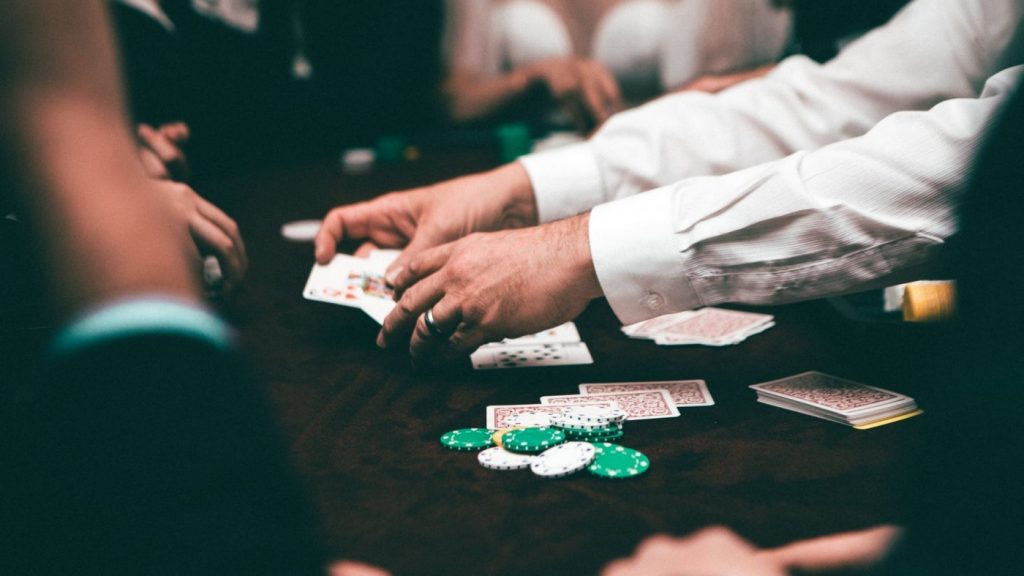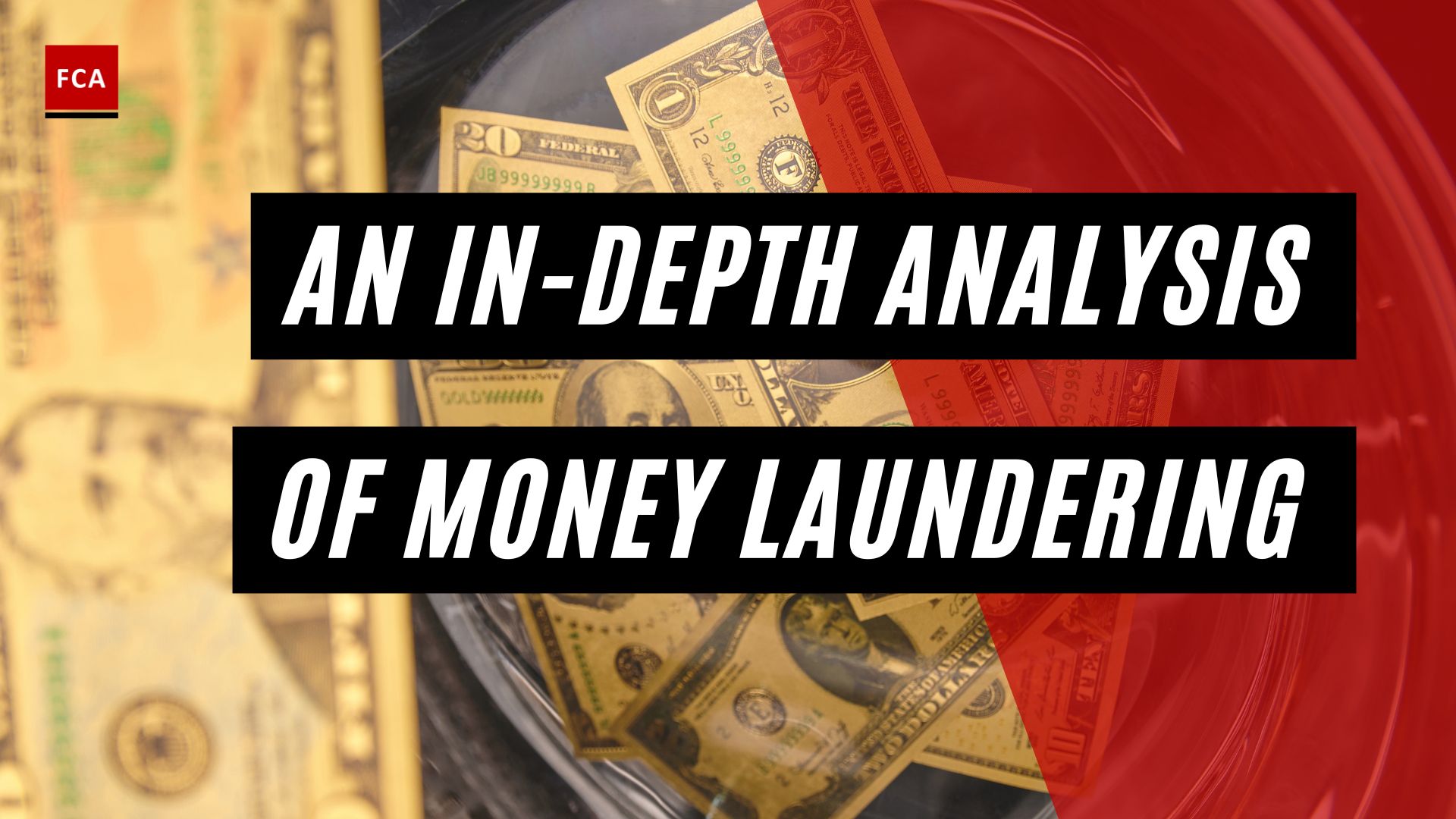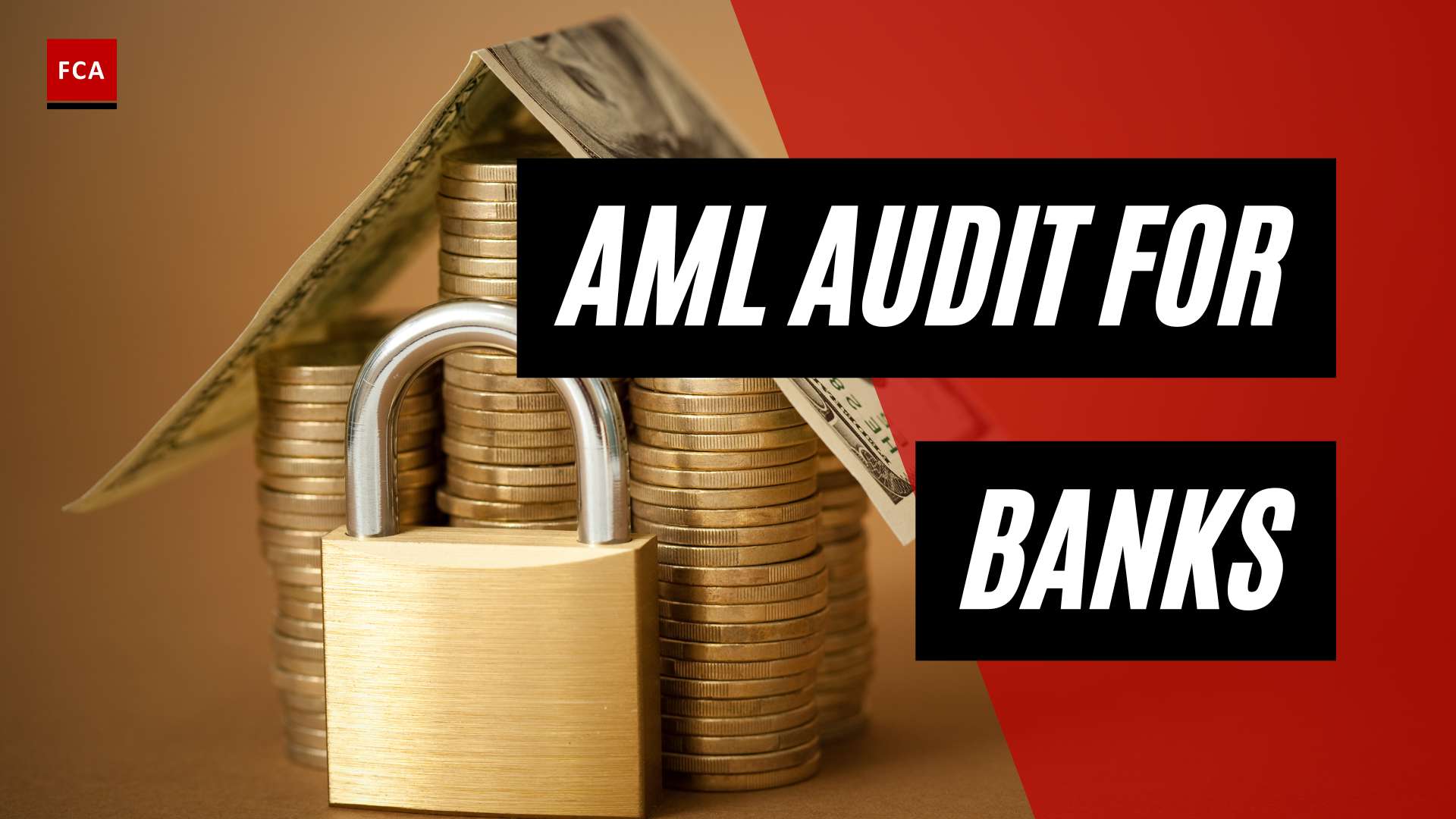Table of Contents
Non-financial businesses can be a good opportunity for criminals and money launderers as well, but, in comparison, require a different strategy or setup. Non-financial businesses are less often seen in the bigger money laundering cases, except some casinos, which can also be misused for laundering larger sums.
Casinos
First of all, let’s explore a moment about casinos. There are a few different money laundering methods involving casinos. In one method, the criminal walks into a casino and buys chips with illicit cash.
The criminal will then play for a relatively short time, lose money, win money, and eventually cash in the chips. The criminal will then receive a check and a receipt, so the proceeds can simply be claimed as gambling winnings.
This method has gotten a lot harder in some jurisdictions due to tighter controls and regulations, but it still can and had a preposterous scale in the past. In Canada, for example, criminals laundered millions and millions of Dollars through casinos.

When they investigated the footage of the video cameras at some point, they saw the criminals coming in with suitcases stuffed full of money. And believe it or not, some even came in with these large hockey bags to haul the cash.
Cash-Intensive Businesses
The second method involves various forms of cash-intensive businesses. In this method, a business that typically expects to receive a large proportion of its revenue as cash uses its accounts to deposit criminally derived cash as well. Such enterprises often operate openly and generate revenue from legitimate incidental business and to illicit cash.
In such cases, the business usually claims all cash received as legitimate earnings. Service businesses are best suited to this method, as such enterprises have little or no variable costs or at least a large ratio between revenue and variable costs.
It is very difficult to detect discrepancies between officially claimed revenues and claimed costs. These cash-intensive businesses include parking structures, strip clubs, tanning salons, car washes, arcades, bars, and restaurants.

Believe it or not, his method is very well exemplified in the Netflix TV series Ozarks. The main character, who is tasked with laundering the proceeds of a Mexican drug cartel, purchases legitimate, cash-intensive businesses and argues that these purchases are capital investments.
He commingled the cash revenue from the business itself with the cash from the cartel’s illegal activities. Other than that, one would expect these activities to trigger at least some suspicious transaction alerts. The money laundering scenarios in this TV series are both plausible and very creative.
Car Dealerships
The third method involves vehicle or car dealerships. In a typical scenario, a money launderer would approach a car dealership and offers to provide the cash to purchase vehicles, typically at the asking price.
The money launderer may then resell the car to claim the proceeds are from selling the car.
Real Estate
Last but not least, another lookout in the world of real estate. Money laundering through real estate integrates criminal funds into the legal economy while providing a safe investment. It allows criminals to enjoy assets and derived funds, having camouflaged the origin of the money used for payment.
This method uses several techniques: cash or opaque financing schemes, overvalued or undervalued prices, non-transparent companies, trusts, and third parties that act as legal owners on behalf of the criminals.
To be a bit more precise, one of the techniques used to launder money through real estate is as follows. So the technique foresees that the criminal purchases a real estate property with a loan. The criminal needs to make payments on the loan, which he does in smaller portions and cash.
It can be a rather slow method until the loan is paid back, but it depends on the loan’s structuring. Eventually, the criminal resells the property after a short while. Under the assumption of a stable real estate market, the criminal has more or less laundered the value of the redemption payments made by the criminal.
Final Thoughts
Non-financial issues are rarely debated. Nonfinancial corporations’ balance sheets will end the year with more equity relative to debt than when the year began, for the first time in eight years.
Nonbank financial institutions include insurance companies, venture capitalists, currency exchanges, some microloan organizations, and pawn shops. These non-bank financial institutions compete with banks and provide services that are not always appropriate for banks. They also specialize in specific sectors or groups.








